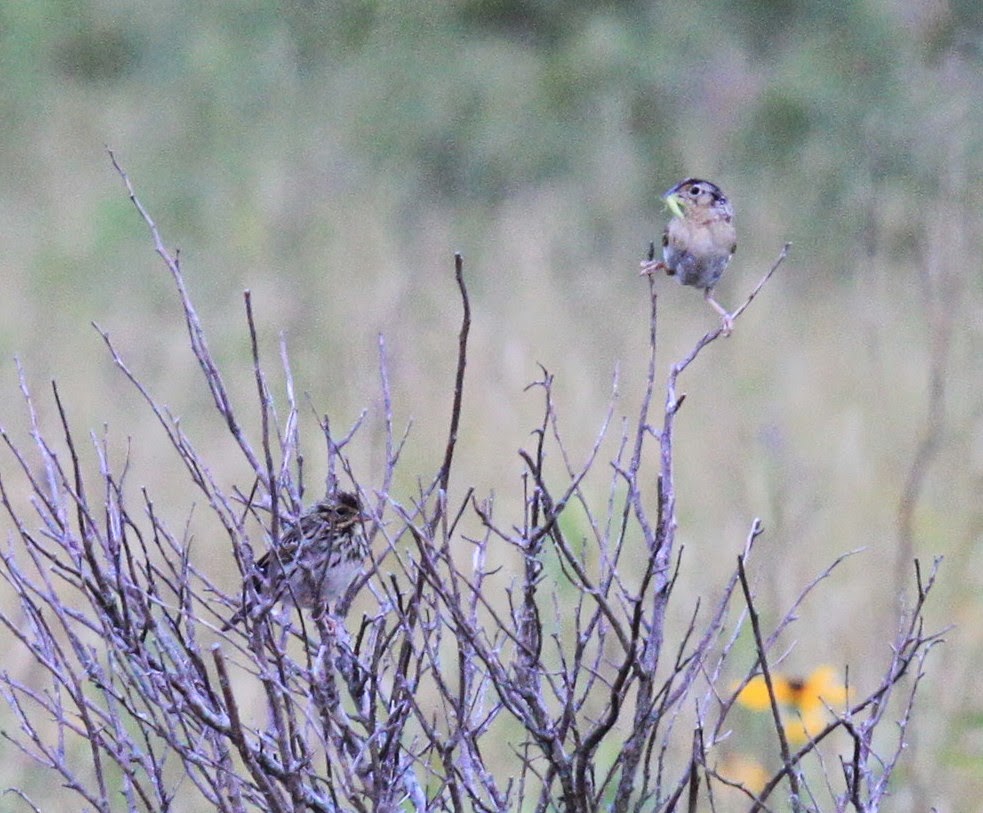"I had also, during many years followed a golden rule, namely, that when ever a published fact, a new observation or thought came across me , which was opposed to my general results, to make a memorandum of it without fail and at once; for I had found by experience that such facts and thoughts were far more apt to escape from the memory than favourable ones." Charles Darwin, Autobiography
The skeptical crowd would be proud of Darwin.
"I had also, during many years followed a golden rule, namely, that when ever a published fact, a new observation or thought came across me , which was opposed to my general results, to make a memorandum of it without fail and at once; for I had found by experience that such facts and thoughts were far more apt to escape from the memory than favourable ones." Charles Darwin, Autobiography
The skeptical crowd would be proud of Darwin.



























